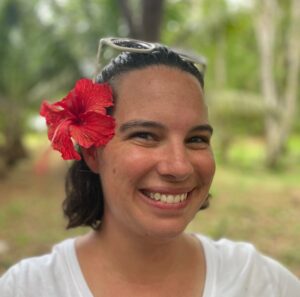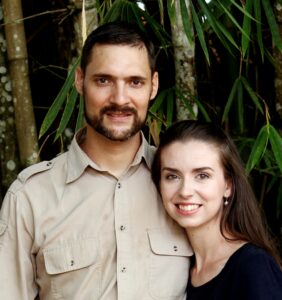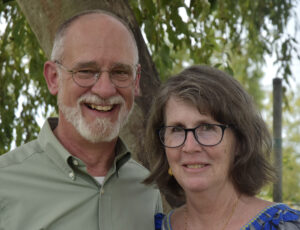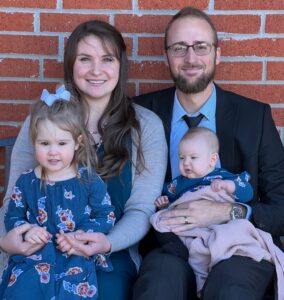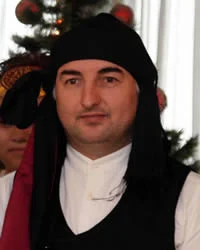
God’s plans and ours do not always coincide, but you must admire missionaries who plan to stay for life! Wil and Trina Muldoon are of this group. They went to the mission field much later in life than most; Wil at sixty-three, and Trina several years younger. Theirs is not a comfortable place but a remote coastal village called Baimuru in Papua New Guinea (PNG). Wil describes their quarterly supply run to the capital: “We travel only by dinghy in our area. When heading into Port Moresby for supplies, we spend an hour going down river to the Gulf of Papua, and then 4 hours on the sea to arrive in Kerema, the closest place we can connect with a road to continue our trip to the city (another six to eight hours). The village grass airstrip has not been open for several years.”
Their village has no electricity. The Muldoons have a generator, but it is very expensive to operate and requires transporting barrels of gasoline ($5.94 per gallon) and a lot of prayer and ingenuity to keep the thing running! How did they arrive at such a place at that time in their lives?
Wil left Vietnam addicted to drugs, disillusioned with religion, and without purpose in his hippie lifestyle. He went west for a simpler life, learned the farrier trade, traveled in a mule-drawn wagon, and also worked as a cowboy. Then, a missionary to the Navajo Indians gave him the Gospel! Everything changed. He attended Bible college, married Trina, and became a missionary to the West and native Americans. Later, he founded a church in Wyoming which he pastored for sixteen years. He was comfortable.He spoke the language and understood the culture. The church was prospering. He could have stayed there.
But he learned from PNG veteran missionary Matt Allen that people in two dozen villages in his area were begging for missionaries to come start a church. But Wil was too old. Or was he? Matt said, “No! Men with age and experience are what we need. Get over here!” So, the Muldoons began at BBTI in 2010. They raised support and left for PNG in September 2012. God led them to a remote, abandoned mission station with fifteen acres of land. They have since developed a unique training program.
Poorly educated, ministry-minded people come as family units and live at Baimuru Baptist Bible Institute (BBBI). They plant and live off of their own gardens and hope to sell extra food for spending money. They work on the property to pay their tuition. Both husband and wife study. BBBI is not a one-size-fits-all program. It is designed to meet the needs of the worker. For instance, they offer a one-year course that includes preparation for Sunday School teachers, youth workers, and invitation counselors. Others will complete two or three years of intensive Bible study and practical training. This is a very heavy teaching assignment for two people, one of whom is seventy-five years old! Besides classroom study, Wil accompanies students to conduct evangelistic and teaching meetings in surrounding villages. God has blessed. Pastors and workers are in places where they are greatly needed. The current pastor of the Baimuru Baptist Church is a 2016 BBBI graduate.
After eight years in PNG, the Muldoons took a seven-month furlough in the States. Wil’s last words to me then were, “I plan to go back and die there.” However, if God gives them life, after this class concludes, they desire to take one more furlough so they can hug their children and grandchildren, meet their new grandchildren, and report to their faithful supporters. But Wil and Trina do believe that Baimuru is where they will be buried. Let’s pray that it will be many years from now! A book should be written about them—probably never will be. But God is keeping the record!

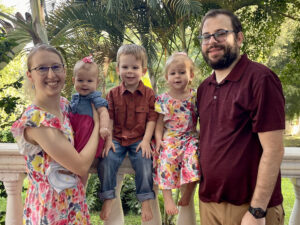
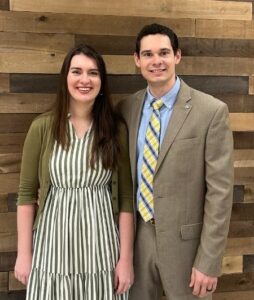
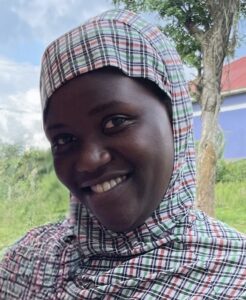 In the 1880s, the governor of Southern Sudan was driven from his country into Uganda. He and his soldiers were given protection from the British in return for their service. This group of Muslim soldiers and their descendants eventually became known as the Nubi people. In the 1890s, the British awarded the Nubi soldiers land in Kenya.
In the 1880s, the governor of Southern Sudan was driven from his country into Uganda. He and his soldiers were given protection from the British in return for their service. This group of Muslim soldiers and their descendants eventually became known as the Nubi people. In the 1890s, the British awarded the Nubi soldiers land in Kenya.